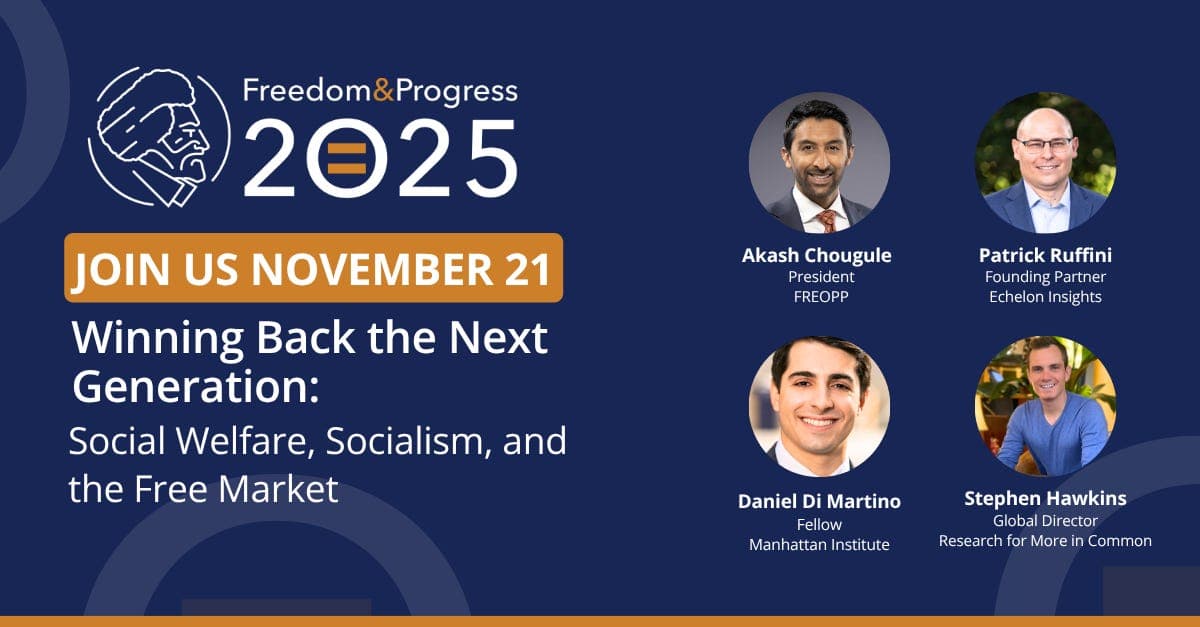Tax Policy Debate Shifts to Intergenerational Burden, Experts Highlight Young vs. Old Divide

A significant shift in the national tax policy debate is underway, moving from traditional discussions of wealth redistribution between the rich and the poor to a pressing concern over the fiscal burden on younger versus older generations. This observation was highlighted by economist Daniel DiMartino of the Manhattan Institute during a recent Freedom and Opportunity for All (FREOPP) conference.
Richard Morrison, a smart observer, noted this evolving discourse, stating in a tweet, > "Smart observer @DanielDiMartino points out here at the @freopp conference that the old debate over distributional effects of tax policy used to be about benefits to poor vs. rich, but now the real question is about young/working age vs. old/retired."
Analysts and financial experts concur that demographic changes, particularly an aging population and the funding of social safety net programs like Social Security and Medicare, are increasingly placing a disproportionate tax burden on millennials and Generation Z. Newsweek reported that "The tax burden will be disproportionately greater on the younger generation because of the size of the retired population and the amount of people drawing on social retirement benefits," according to Aaron Cirksena, founder and CEO of MDRN Capital.
The shift implies that younger Americans face the prospect of higher taxes and potentially reduced benefits as they age, largely to sustain programs that primarily benefit the current retired population. Reuters highlighted that budget plans could "effectively transfer wealth from younger Americans to older generations," leading to younger individuals being "saddled with higher taxes and mortgage payments" due to increased national debt.
Organizations like FREOPP and the Manhattan Institute are actively contributing to this conversation, advocating for policies that address intergenerational equity and long-term fiscal sustainability. DiMartino's research, for instance, often examines the lifetime fiscal impact of different demographic groups, including immigrants, based on age and educational attainment, underscoring how these factors influence net contributions to the federal budget. The growing national debt, projected to rise significantly, further exacerbates this intergenerational challenge, requiring future generations to bear the cost of current spending.